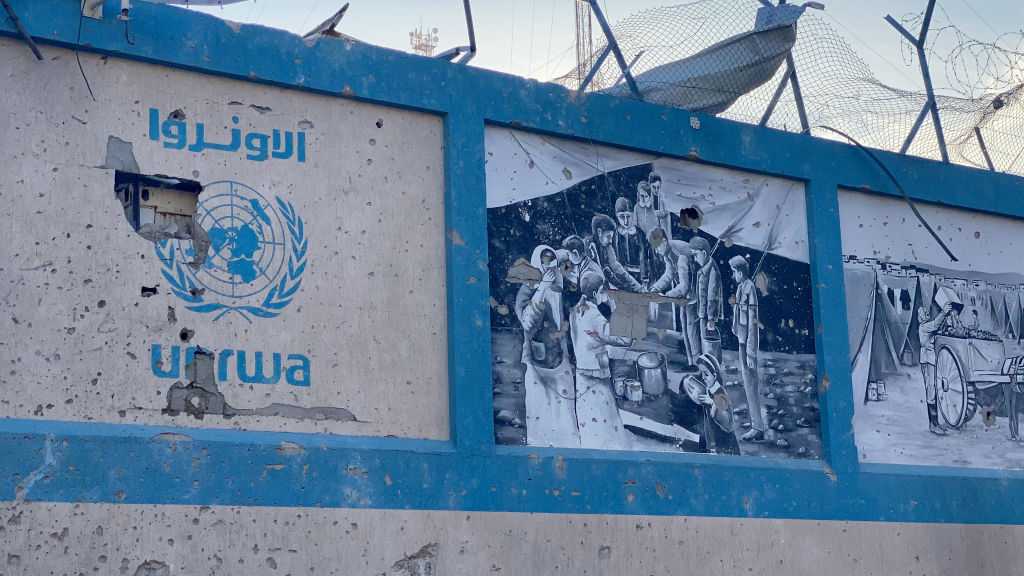
In less than one week, Israel’s ban on the United Nations Relief and Works Agency for Palestine Refugees (UNRWA) will come into effect, marking a critical moment for Palestinian refugees. A new report from the Peace Research Institute Oslo (PRIO) outlines the on-the-ground consequences of this unprecedented policy shift.
The Israeli parliament passed the controversial legislation in October 2024, prohibiting UNRWA from operating within Israeli-controlled territories, including East-Jerusalem. The 28 January implementation deadline looms large, threatening to disrupt essential services for millions of Palestinian refugees who depend on UNRWA for education, healthcare and food assistance.
“UNRWA provides a lifeline to some of the most vulnerable communities in the region,” warned Jørgen Jensehaugen, a Senior Researcher at PRIO and co-author of the study. “In less than one week’s time, its collapse in Israeli-controlled areas could cripple the humanitarian operation in Gaza, and lead to a collapse of healthcare and education for thousands in the West Bank.”
The policy brief, ‘Consequences of the Israeli UNRWA Ban,’ highlights the acute challenges posed by the new laws. In Gaza, where nearly 2 million people rely on UNRWA aid, the suspension of services could exacerbate an already dire humanitarian situation. Lifesaving relief delivery will plummet without UNRWA, even with increased aid under the ceasefire agreement, as the distribution structure will collapse. Replacing UNRWA’s mechanisms would involve significant costs and delays, with humanitarian experts estimating it could take one to three years.
Before the latest round of conflict, UNRWA provided primary education to nearly 300,000 pupils. The impact of the ban on Gaza’s education sector has been largely overlooked, despite no other UN entity being equipped to educate so many children. The study warns that without UNRWA, education will likely be replaced by fragmented, lower-quality initiatives run by multiple agencies.
UNRWA has also delivered critical healthcare, including 4.4 million outpatient consultations annually, along with specialist care, dental screenings and x-rays. The cessation of these services will leave millions without essential medical care, depriving refugees of routine check-ups, vital medications and emergency treatments, putting countless lives at risk.
As the deadline approaches, international organizations and donor nations are left grappling with how to respond. “The clock is ticking, and without coordinated global action, the repercussions will be serious, most acutely effecting Gaza, but also having the potential to push the situation in the West Bank across the brink,” warned Jensehaugen.
For more information:
- Download the report, ‘Consequences of the Israeli UNRWA Ban,’
- The report authors are PRIO Senior Researcher Jørgen Jensehaugen, NLA University College Associate Professor Kjersti G. Berg and Senior Advisor at the Arab Renaissance for Democracy and Development Lex Takkenberg.
- To arrange an interview with Jørgen Jensehaugen, contact PRIO’s Communication Director, Michelle Delaney, on +47 941 65 579 or at michelle@prio.org.





